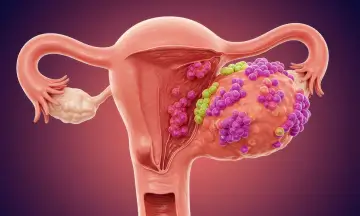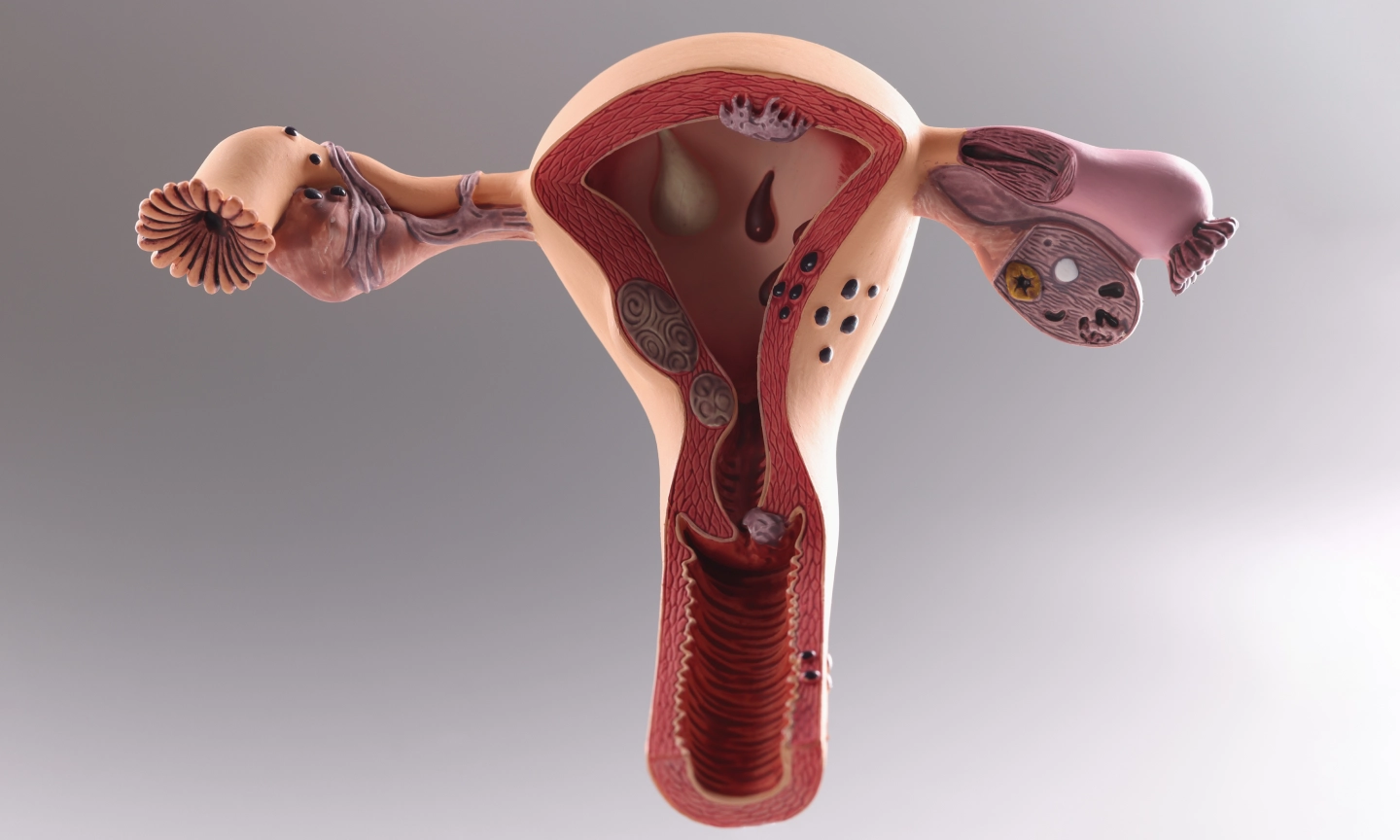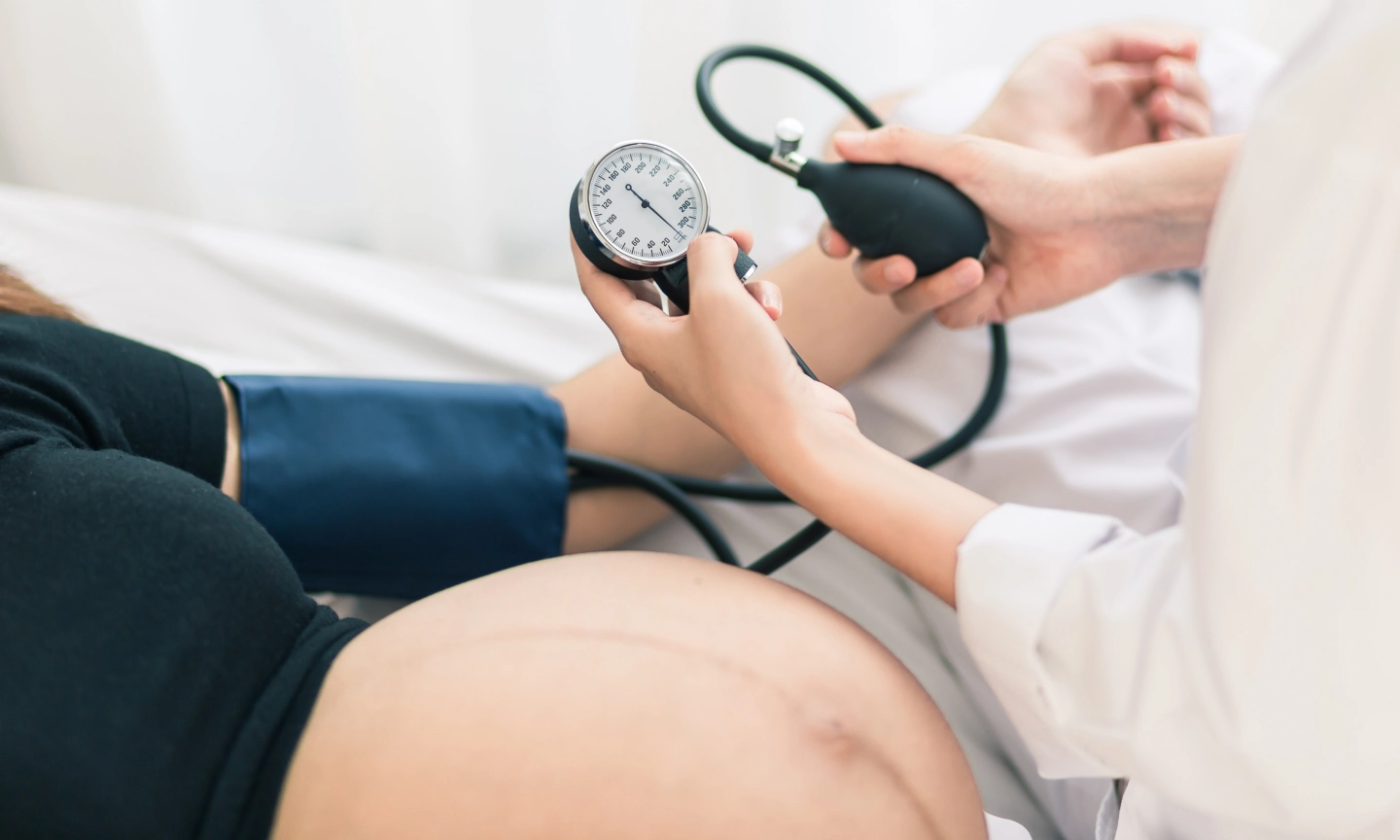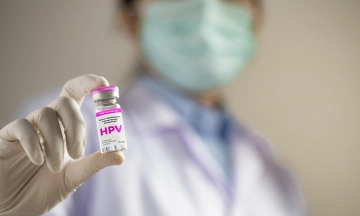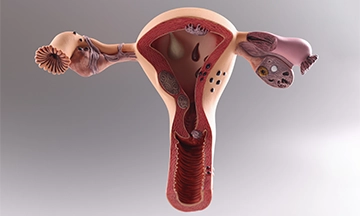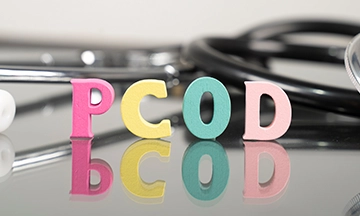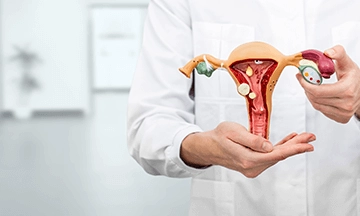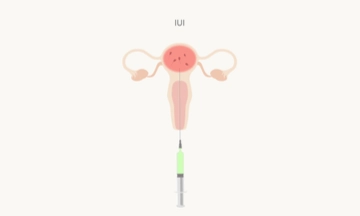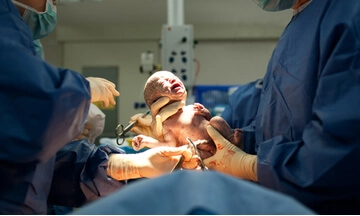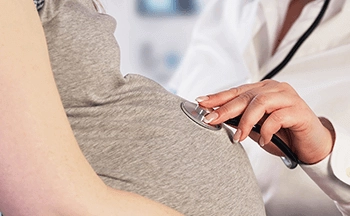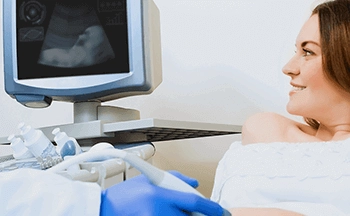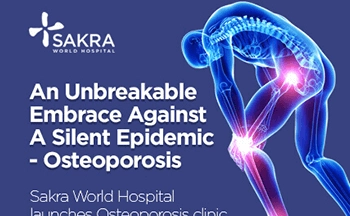
Pregnancy is a beautiful and transformative journey for many women, but it can also be accompanied by challenges. A high-risk pregnancy is one that need extra attention and care during the pregnancy to prevent complications for both the mother and the baby due to various risk factors.
What is a High-Risk Pregnancy?
A high-risk pregnancy is a pregnancy that carries increased health risks for the pregnant woman, fetus, or both. These risks may be due to factors in the pregnancy itself, or they may arise from pre-existing medical conditions.
Common Causes of High-Risk Pregnancy
Here are some common causes of high-risk pregnancy:
- Maternal Age: One of the most common factors is maternal age. Women who become pregnant at a very young age (under 17) or older age (over 35) are more likely to experience complications.
- Pre-existing Medical Conditions: Chronic conditions like diabetes, hypertension, heart disease, renal disease and autoimmune disorders, etc can increase the risk of complications during pregnancy.
- Multiple Pregnancies: Multiple pregnancies like twins or triplets can lead to a high-risk pregnancy as they often result in premature birth and low birth weight.
- Gestational Diabetes: Some women develop diabetes during pregnancy, known as gestational diabetes, which requires close monitoring and management.
- Preeclampsia: This condition, characterized by high blood pressure and damage to organs, typically occurs after the 20th week of pregnancy.
- Infections: Infections like HIV, herpes, or hepatitis B can pose risks to both the mother and the baby.
- Placental Issues: Problems with the placenta, such as placenta previa or placental abruption, can lead to complications.
- Preterm Labour: Some women are at risk of going into labour before 37 weeks, which can lead to complications for the baby's health.
- Previous Pregnancy Complications: A history of preterm birth, preeclampsia, or stillbirth.
Management of High-Risk Pregnancy
Prenatal Care: Early and regular prenatal check-ups are crucial for monitoring the pregnancy's progress and addressing potential issues promptly.
- Specialized Healthcare Providers: High-risk pregnancies often require care from specialists, such as maternal-fetal medicine specialists or neonatologists, to provide expert guidance and intervention as a multidisciplinary team.
- Medications: In some cases, medication may be prescribed to manage underlying medical conditions or to prevent complications like preterm labor.
- Fetal Monitoring: Continuous monitoring of fetal well-being through ultrasound and non-stress tests can help identify and address problems early.
- Lifestyle Changes: Maintaining a healthy lifestyle through proper nutrition, exercise, and avoiding harmful substances like tobacco and alcohol is advised.
Support and Emotional Well-being
High-risk pregnancies can be emotionally and mentally taxing for expectant mothers. It's essential to have a strong support system, which may include:
- Pre-pregnancy counseling: Seeking professional counseling or therapy can be beneficial for managing the stress and anxiety associated with a high-risk pregnancy and also it helps in medical conditions being assessed before planning for the pregnancy.
- Communication: Open and honest communication with your healthcare providers is vital. Express your concerns to ensure you receive the best care possible.
Potential Outcomes of High-Risk Pregnancy
The outcome of a high-risk pregnancy can vary widely depending on the specific risk factors and how they are managed. While the risk of complications is higher, advances in medical care have improved outcomes for both mothers and babies in many cases. However, it's essential to be prepared for potential challenges and make informed decisions throughout the pregnancy.
Conclusion
High-risk pregnancies are a reality for many women, and they require specialized care, attention, and support. The key to successfully navigating a high-risk pregnancy lies in early detection, regular monitoring, proper management, and maintaining emotional well-being. While these pregnancies may come with additional challenges, with the right care and support, most women can achieve a safe and healthy outcome for themselves and their babies.
Remember that every pregnancy is unique, and the support of healthcare professionals and loved ones can make a significant difference in ensuring a positive outcome. If you facing a high-risk pregnancy, reach out to healthcare providers at Sakra World Hospital to ensure the best possible care and peace of mind during this challenging but ultimately rewarding journey.





